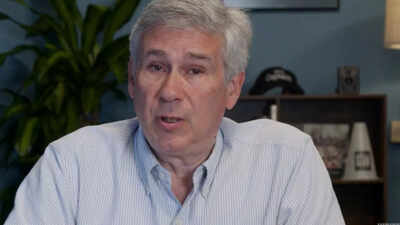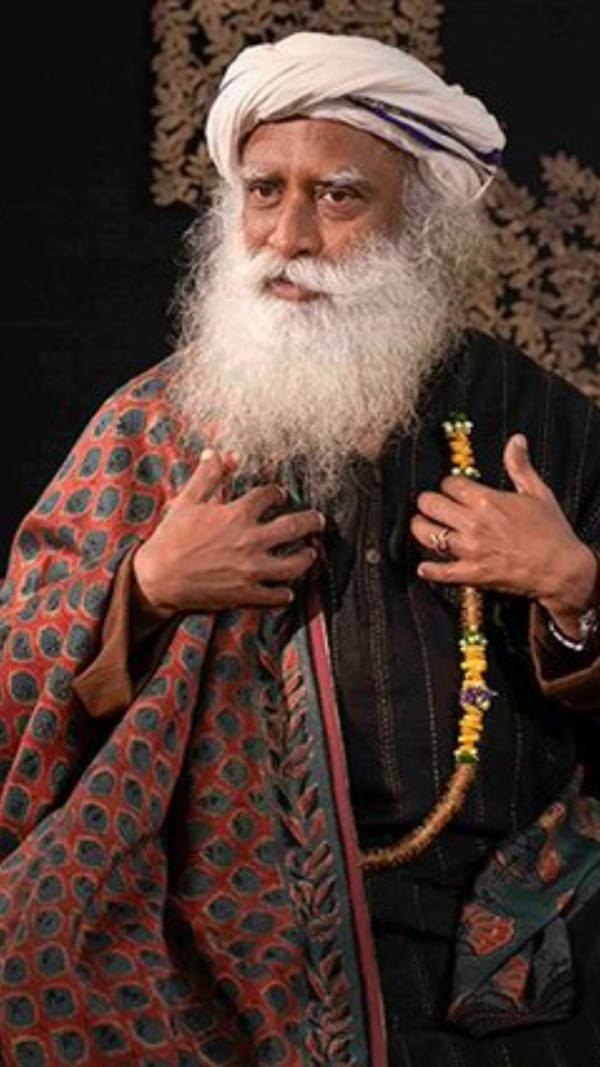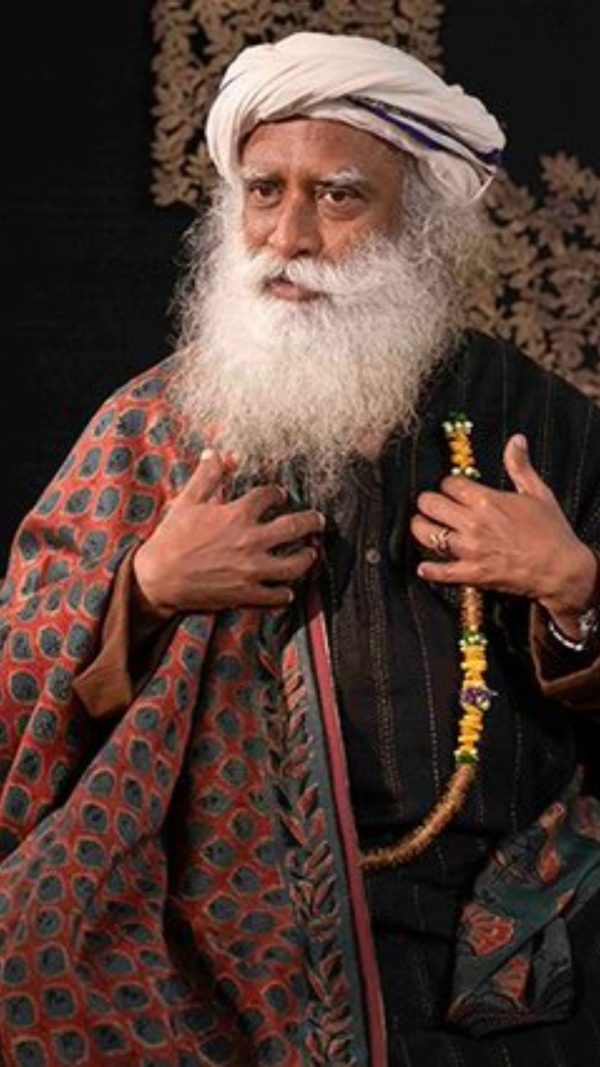- News
- entertainment
- english
- hollywood
- One always plans to make a deal, never go on strike: WGA leader and American writer Chris Keyser
Trending
One always plans to make a deal, never go on strike: WGA leader and American writer Chris Keyser
Chris Keyser, a key figure in the 2023 Hollywood writers' strike, emphasizes the necessity of major changes to address industry issues. The strike, which included over 11,000 writers, demanded better wages and conditions. Keyser also highlights the universal challenges faced by writers worldwide and is currently working on various new projects.
American writer Chris Keyser, a key figure in the 2023 Hollywood writers' walkout, says striking is never workers' first choice but at times, a "magnitude of change" is required to make companies heed their demands. Over 11,000 Hollywood film and television writers, represented by the Writers Guild of America (WGA), went on strike in May 2023 demanding better wages, higher minimum pay, more writers per show, and shorter exclusive contracts, among other things.
Keyser, whose credits include the Golden Globe-winning drama "Party of Five" and "The Society", served as a representative president of WGA for four years and later was the co-chair of the negotiating committee during the strike.
"First of all, there's never a plan to go on strike. There's always a plan to make a deal... But it is true that sometimes you come into negotiations realising that the state of the business requires a magnitude of change that may be beyond what the companies are willing to say yes to without a strike.
"So, in 2023, for example, we knew that the business was sufficiently broken, that we needed to demand so much from the companies to fix it, that they might well be unwilling to do that without a work stoppage," Keyser told PTI in an interview here.
Keyser and his team engaged with guild members and did surveys, and meetings to gauge their concerns, and this collaborative effort culminated in the development of a negotiating agenda designed to address the pressing issues within the industry.
"We spent months and months, more than a year preparing for all of this, going into negotiations with the companies, the AMPTP (Alliance of Motion Picture and Television Producers), intending to make a deal. The decision to strike comes over a period of time while you're in those negotiations as you see the way your companies are responding. For us at some point in the middle of the negotiations we saw we were going nowhere.
"By the time we got to the deadline, they were nowhere near giving us what we needed to survive for the business and so we called a strike. But that was to begin with, a year of war in the making and preparation and with every attempt possible to avoid having to ask anyone to give up work," Keyser added.
The writer, who is in Mumbai as a guest at the 7th edition of the Indian Screenwriters Conference (ISC) hosted by the Screenwriters Association of India (SWA), emphasised the need to bring the spotlight back to writers who lay the groundwork for cinematic masterpieces.
"We're very clear as a community that it's the truth that everything starts with a script, right? That's true in movies and television. I don't kid myself into thinking that writers in general are going to become the most prominent participants in the movie process, that isn't to say.
"Some writer-directors have that kind of attention, and some writers have a kind of brand name that they do. But the negotiations are all about making sure the basic living conditions of the rank and new writer are sufficient to be able to continue in the business, and that you can make a career out of writing. Those are the things that we worry about. So, we're not as worried about whether a writer is as famous as an actor," he said.
Keyser said be it America, Europe or India, writers everywhere face similar challenges.
"Writers all over the world face very much the same challenges. The writers in the United States have a number of structural advantages but the essential questions are all the same, like credit, adequate compensation of having a standard contract, questions of how we pay for the reuse of our work, working conditions in general, censorship, and being treated with dignity.
"So, these things are repeated everywhere. There are issues that American writers deal with and European and Indian writers were the same in that way," said the writer, who has watched some of the earlier works of Satyajit Ray and movies like Irrfan Khan-starrer "The Lunchbox" and Payal Kapadia's "All We Imagine As Light".
Writing is not merely a job for Keyser, who feels honoured to have a "rare gift" of sharing his point of view with the world in the form of a story.
"It's an incredible honour to be able to talk to people about the things you believe through a story, to share a point of view about life and the world through a story. It's a rare thing. I don't have to be a public figure, but I can, with the people with whom I work, speak to so many people in the world about how I think the world works and what it means to be human."
Keyser has a bunch of diverse projects in the pipeline including a show based on the popular American play "Take Me Out" and a show about a family that owns a wedding chapel in Las Vegas. He also said he is in negotiations with Netflix for a project.

About the Author
TOI Entertainment DeskEnd of Article
FOLLOW US ON SOCIAL MEDIA
Visual Stories
Tired of too many ads?









